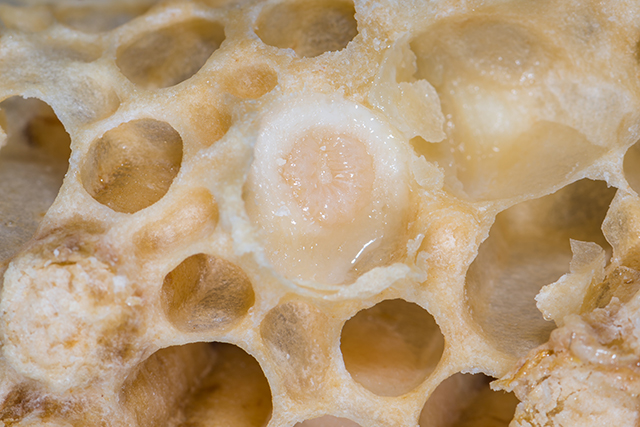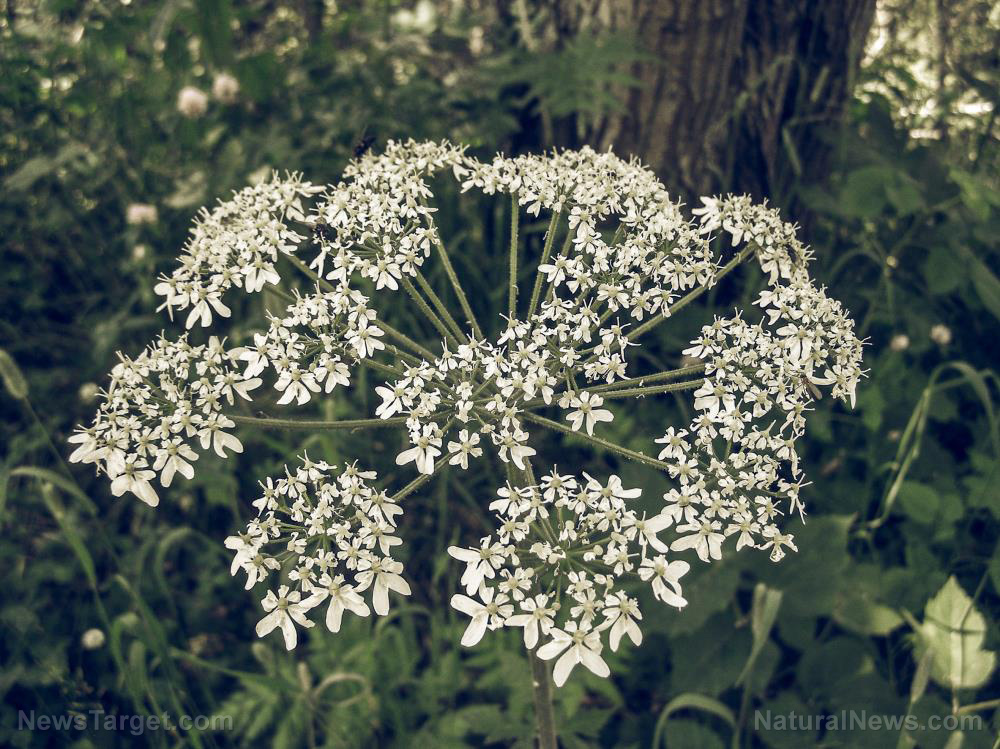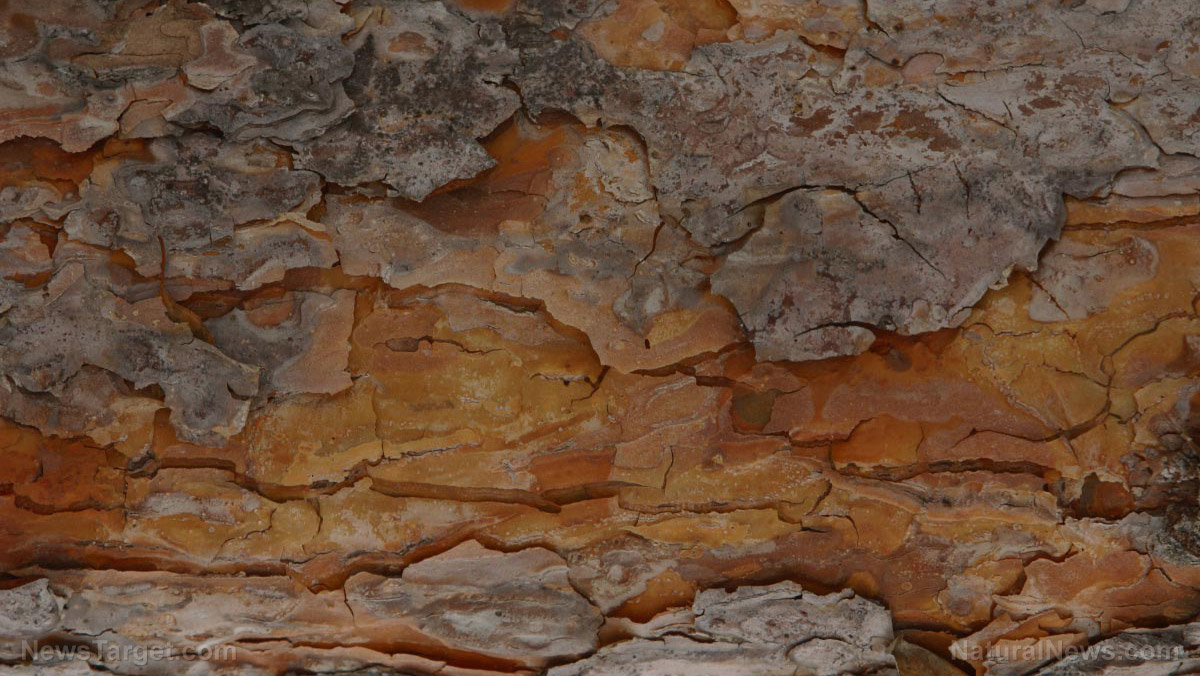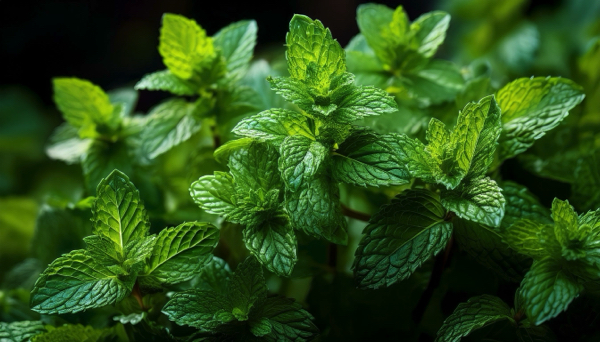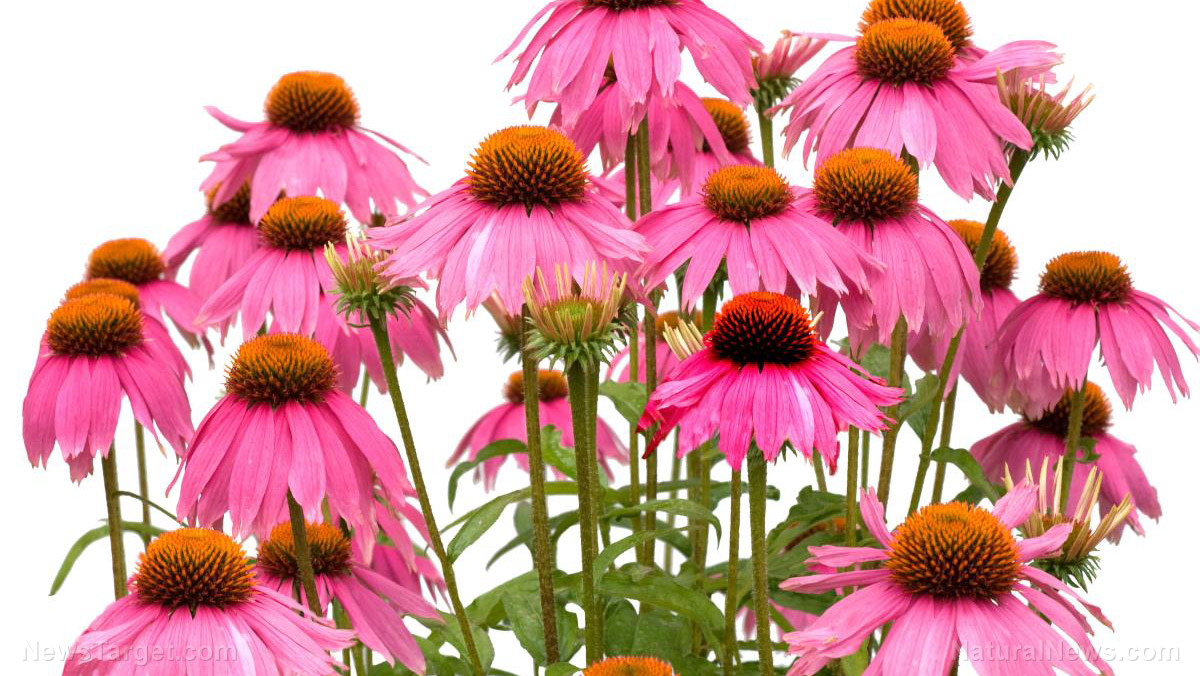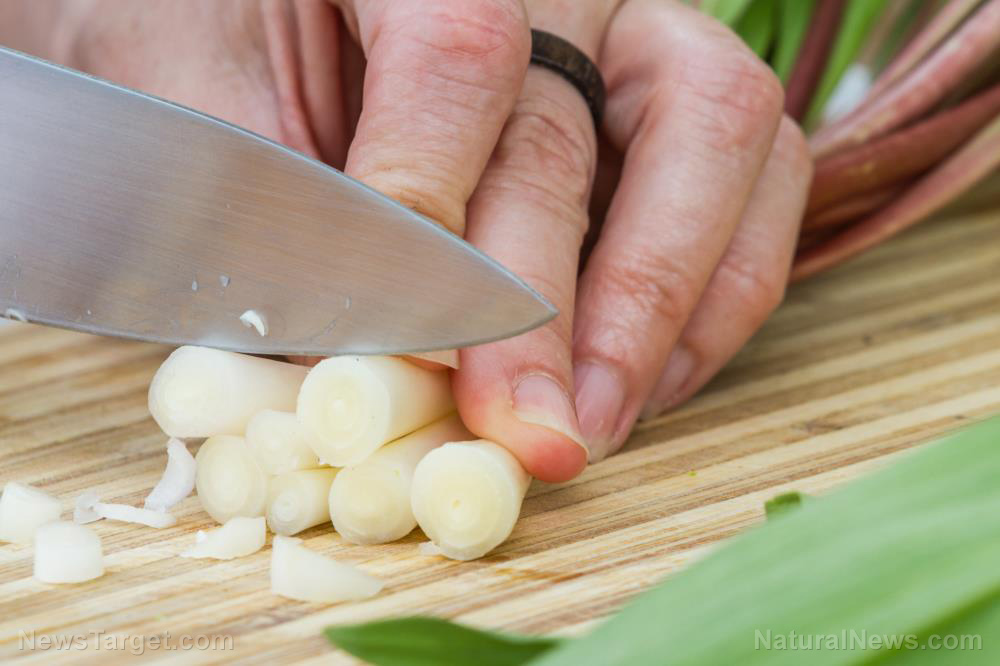Argan oil: A moisturizer so pure you could drink it
08/28/2024 / By News Editors
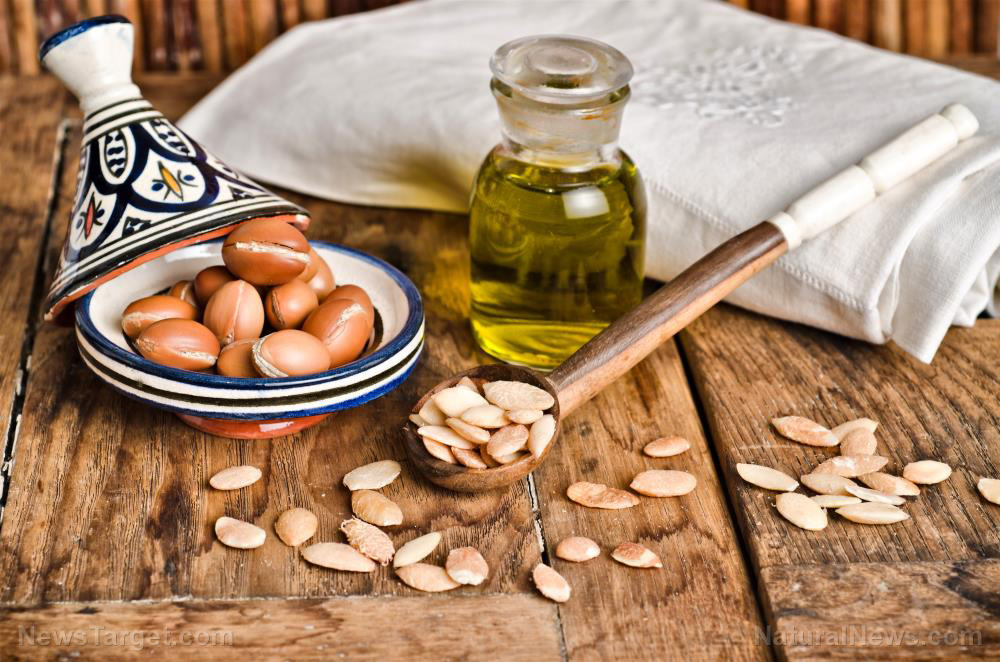
Argania Spinosa – The botanical name of the Argan Tree which is endemic to Morocco.
The Argan forest is confined almost exclusively to the semi arid south west of Morocco where it can be found as solitary trees or in groves covering an area of about 800,000 hectares (8,000 square kilometers).
(Article republished from GreenMedInfo.com)
The Argan ecosystem is an essential component of the ecological balance of the area and protects against desertification.
The Argan forest of Morocco is now a UNESCO (United Nations Educational & Scientific Cultural Organization) protected Biosphere Reserve.
Argania Spinosa is a non-cultivated forest product (wildcrafted) that is best known for the production of it’s high quality cosmetic and edible oils.
The preventative and curative benefits of cosmetic and dietary Argan Oil have been well known to the Amazigh (Berber) people of Morocco for more than a thousand years. However, it was not until very recently (the 1990’s) that modern science began to take an interest in the cosmetic and dietary medicinal properties of Argan Oil. Since then a flurry of research papers have been published extolling the benefits of this most precious of oils.
Cosmetic Benefits
Today Argan Oil is most widely used as a cosmetic oil to treat:
The Skin
- ??Acne
- As an anti-aging agent
- Burns
- Dry skin (moisturizer)
- Eczema?
- Psoriasis
- Rosacea?
- Scabies (contagious skin infection caused by the mite Sarcoptes scabiei)
- Skin inflammations
- Wounds
- Wrinkles
The Hair
- ??Dullness/Lusterlessness
- Dry Hair
- Prevention of hair loss
The Nails
- ??Brittle nails
Argan Oil for cosmetic use is available as :
- Pure Argan Oil (wildcrafted and/or organic is your best choice)
- Argan Oil Soap (in combination with other pure, natural/organic oils is preferred)
- And as an additive in many other commercial cosmetic products like shampoos.
Caution is advised when considering mass market commercial products promoting Argan Oil in their formulations because many/most commercial products also contain a wide variety of neurotoxins and carcinogens.
In fact, a recent study found cancer-causing chemicals in nearly 100 commercially available shampoos and soaps – Including “Moroccanoil” pictured on the right.
Carefully reading the labels on all cosmetic products is advised. Refer to: The “Dirty Dozen” cosmetic chemicals to avoid.
Dietary Benefits
Largely ignored in the west until just recently are the medicinal properties of culinary and dietary Argan Oil.
Almost everyone today is familiar with the many benefits of including Olive Oil in your diet. It’s legendary for being a key ingredient in the Mediterranean Diet. And Olive Oil’s reputation as a Superfood is well deserved.
The properties of Olive Oil that make it a Superfood are well known:
- The monounsaturated fat in Olive Oil is good for the heart.
- Olive Oil lowers bad cholesterol and increases the good levels.
- Olive Oil is rich in antioxidants – which is one of the key protective aspects of the Mediterranean Diet.
How does Argan Oil compare to the “King of Superfoods” and the other raising star of the seed oils, Grapeseed Oil?
Argan Oil has superior profile and better balance of the essential fatty acids:
Table 1 Percentages of Oleic, Linoleic, Stearic and Palmitic acids contained in Olive Oil, Grapeseed Oil and Argan Oil.
(Additional reading: Chemical and oxidative properties of olive and argan oils sold on the Moroccan market. A comparative study )
The properties that make Olive Oil and Grapeseed Oil so good for you, are found in abundance in Argan Oil. This will come as no surprise to the Berber Tribes of Morocco who have been using Argan Oil in their diet for countless centuries. The Berbers have drizzled it over food before serving, stirred into soups, used it couscous and tagine dishes, and to make their famous Amlou spread.
Amlou – sometimes spelled amalou – is an almond, Argan Oil and honey spread used for bread dipping and as a highly nutritious breakfast food. Amlou Spread was traditionally kept in Berber bedrooms and used as an aphrodisiac. Although there is no scientific evidence to support the claims of the aphrodisiac properties of Amlou … yet 🙂
When using Argan Oil for culinary, dietary and oral medicinal purposes it is important to use culinary Argan Oil.
Culinary and cosmetic Argan Oils are identical in every way but one. Culinary Argan Oil has been roasted, cosmetic Argan Oil has not been roasted.
- Cosmetic Argan Oil is unroasted and tends to have a slightly bitter taste.
- Culinary Argan Oil has been roasted to remove the bitterness, enhance the hazelnut flavours and aroma. As a result it has attained gourmet status worldwide.
Culinary Argan Oil is most often used as a finishing oil – as an enhancer that is drizzled over finished dishes, salad greens, and even creamy desserts.
The medicinal cosmetic benefits of Argan Oil are only exceeded by it’s medicinal dietary properties:
(10 good reasons to include Argan Oil in your Diet)
- As an Antioxidant???
- ????Anti Breast Cancer Agent
- Antimalarial Agent
- Anti Melanoma (skin cancer) Agent (both dietary and cosmetic)
- As an Anti Thrombotic Agent
- In Dermocosmetology (both dietary and cosmetic)
- Potential Human DNA Protective Properties
- Prevention of Postmenopausal Disorders
- Prostate Cancer Prevention
- Male Hormonal Profiles
Studies on the Amazigh (Berber) diet are just beginning to be published, see this abstract: [ Does ] the Amazigh diet (regular and moderate Argan Oil consumption) have a beneficial impact on human health?
All in all the results to date are highly favorable.
Argan Oil – not just for skin care anymore!
Argan Oil, as a non-cultivated forest product (wildcrafted) is environmentally sustainable, slows/prevents desertification, preserves biodiversity, is pure as nature intended, and is naturally free from chemicals or genetic modifications of any kind.
Read more at: GreenMedInfo.com
Submit a correction >>
Tagged Under:
alternative medicine, argan oil, cosmetics, food is medicine, food science, functional food, hair care, health science, natural health, natural ingredients, natural medicine, nutrients, nutrition, remedies, skin care, Xpost
This article may contain statements that reflect the opinion of the author
RECENT NEWS & ARTICLES
consumerwellness.info is a fact-based public education website published by consumerwellness.info
All content copyright © 2023 by consumerwellness.info
Contact Us with Tips or Corrections
All trademarks, registered trademarks and servicemarks mentioned on this site are the property of their respective owners.




